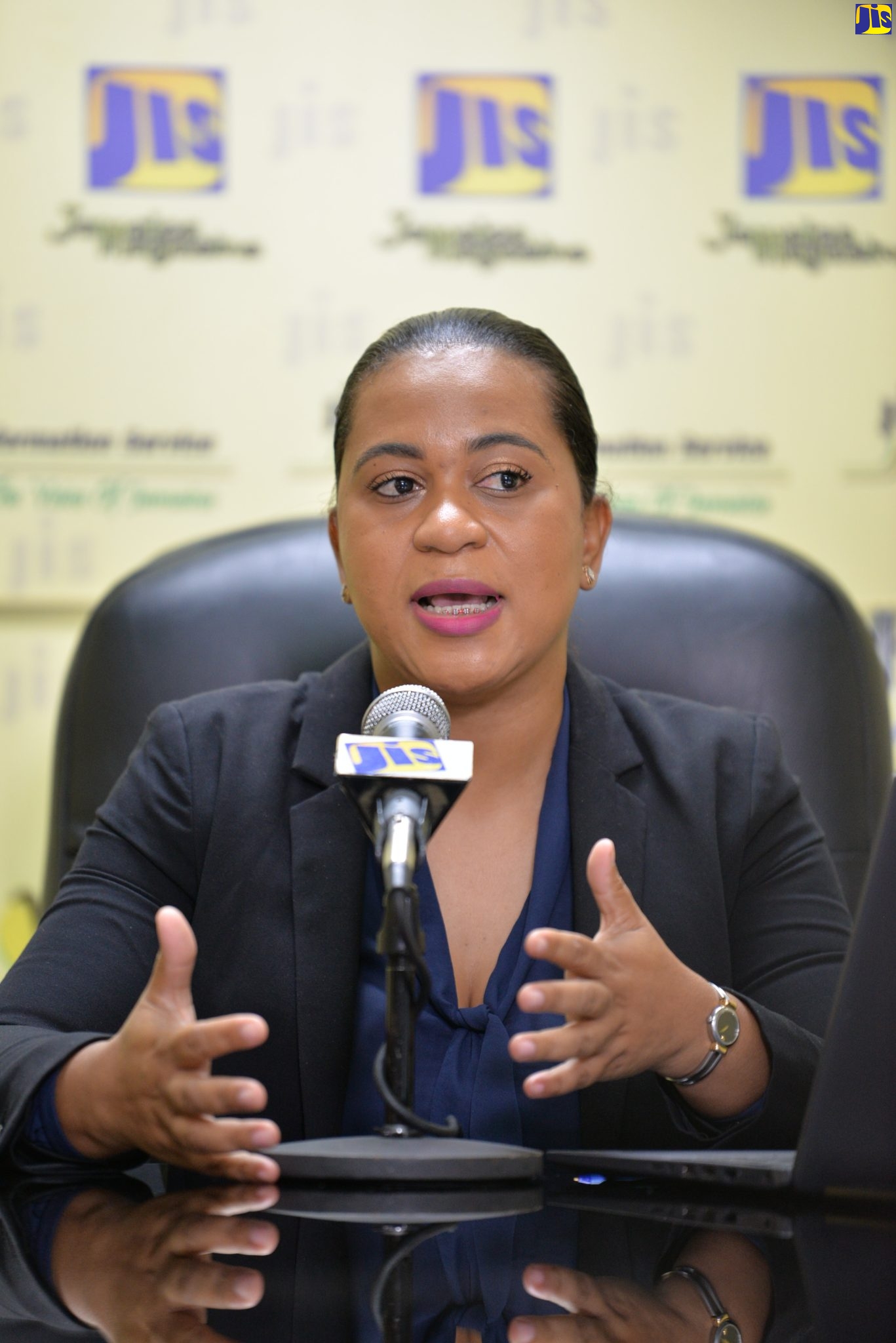More Programmes To Assist The Needy
By: , May 25, 2022The Full Story
The Poor Relief Department falls under the purview of the Ministry of Local Government and Rural Development and has responsibilities to assist the destitute and alleviate poverty within the parishes. The Department provides several assistance programmes, all offered through the 14 municipal corporations islandwide.
Secretary of the Board of Supervision [for the relief of the poor in Jamaica], Treka Lewis, shared with JIS News what each programme is and the services they provide.
“We have three major programmes. They are the Indoor Poor Relief Programme, which is our infirmaries and golden age homes; we have the Outdoor Poor Relief Programme, which is the assistance that we give to destitute persons who are in need of assistance, whether they are unemployed because they are mentally or physically unwell, etc.; and we have our Indigent Housing Programme which offers housing… solutions to persons who are in need,” said Ms. Lewis.
The Indoor Poor Relief Programme exists for adults in need of institutional support who have no family member or guardian to provide it, and gives holistic care to residents of infirmaries and the golden age homes.
“We have [engaged] a physiotherapist and a dietitian; both have been assigned to the infirmaries now to improve the suite of services that we offer. We try very much to include rehabilitation and reintegration, to provide the requisite medical care and to meet the basic needs and the social needs,” Ms. Lewis disclosed.
This holistic approach also includes the provision of therapeutic parks to aid in stimulating mental health and proper mental functioning.
Conversely, the Outdoor Poor Relief Programme meets individuals where they are. A suite of care services is provided, which includes monetary assistance in the form of a stipend similar to that offered under the Programme of Advancement Through Health and Education (PATH); food and special needs through working with partners like Food For the Poor; education assistance for school and examination fees, etc.; transportation to hospitals and clinics; bedding and clothing; medical assistance in purchasing medication, paying hospital fees, etc.; housing assistance to cover rental cost; assistance with the costs associated with burial; and counselling through trained counselors.
She went on to note that there is a fourth programme that the Board has been strategically addressing over the last few years. This is the homeless programme, which caters to the population living on the streets islandwide.
“We have started the construction of two night shelters in St. Ann and Trelawny. We are improving on the basic needs that we provided at our drop-in centres and we have, so far, six drop-in centres that have been constructed in the parishes of St. Thomas, St. Mary, St. Ann, Trelawny and St. Elizabeth. We also have in Clarendon and St. Catherine. All parishes are covered [because] for the others, we partner with NGOs and provide some level of financial support to help them to provide for the homeless,” Ms. Lewis explained.
An example of this is evident in Portland, which does not yet have a drop-in centre but is serviced by the Portland Rehabilitation Management Centre. The Secretary of the Board of Supervision explained that as with other non-governmental organisation partners, the Ministry provides a monthly grant “to help in the provision of meals and hygiene care for the users of the services”.
Though the Poor Relief Department has an established definition for homelessness, they do not turn away anyone that turns up for assistance.
Ms. Lewis added that for persons who have fallen on hard times and who are in need of assistance while they regain their independence, there are two facilities that currently offer transitional housing, with another to be opened very soon.
“Refuge of Hope in Montego Bay, St. James – that facility is able to offer transitional housing, on a limited scale of course, and the Open Arms Rehabilitation Management in Kingston on Windward Road is a transitional facility as well. So, those would be two of the entities that are given support from the Ministry. The King Street Drop-in Centre, which is now complete and will be opened Friday (May 27), will also act as a transitional facility where we’ll be working to help to rehabilitate and reintegrate those persons who are able to live on their own,” added Ms. Lewis.
To access any of the poor relief assistance programmes, individuals must speak with the Inspector of Poor in the Poor Relief Department of your municipal corporation and provide your information. The relevant or assigned officer within the department will conduct an investigation using established criteria to determine eligibility to access the poor relief programme. Each case is taken to a Poor Relief Committee, which …decides on the assistance to be granted to the person.
Noting that the family is the foundation of support, the Secretary of the Board of Supervision appealed to families to “be a little bit more mindful or more compassionate, play a greater role in the lives of their destitute persons and persons who need help”.


